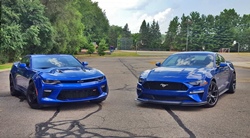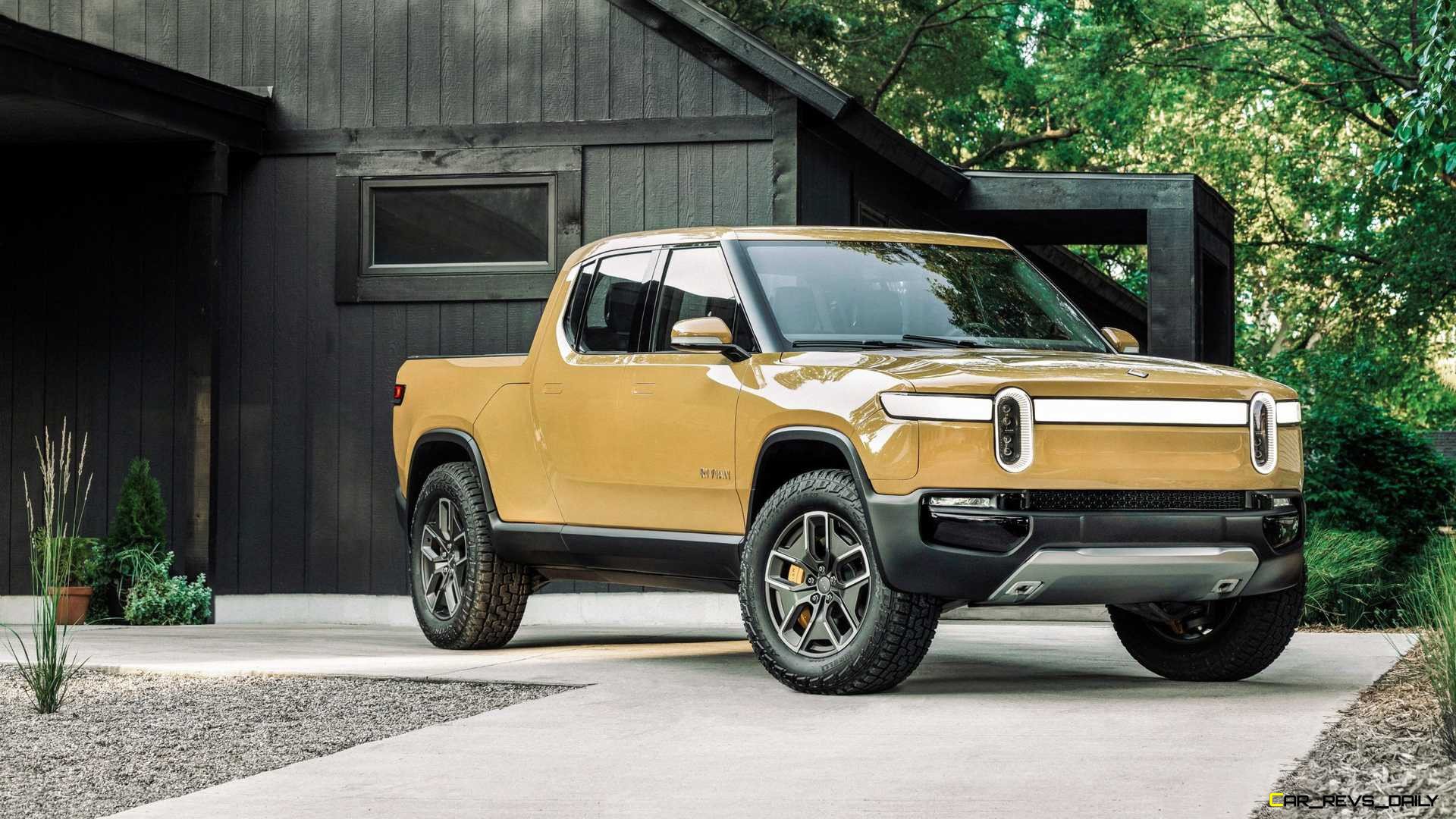Modern electric vehicles are not only becoming more powerful, but also heavier with the weight gain being noticed by many in the automotive community. Among those that are raising concerns are the Insurance Institute for Highway Safety with IIHS VP Raul Arbelaez sharing his thoughts on the issue in a recent opinion piece.
More Weight Means More Crash Forces

In a crash, mass is a prominent component when it comes to the ensuing crash forces that they create. The larger and heavier a vehicle is, the more damage and crash forces that they generate. This is especially true with many electric vehicle models that are heavier due to large battery packs and the electrified hardware that often accompanies them. The GMC Hummer EV pickup for example has a curb weight of over 9,000 lbs. while the Rivian R1S and R1T are over 7,000 lbs. each. This increased mass can have an adverse effect if they hit a smaller vehicle, with the smaller vehicle experiencing higher amounts of crash forces from the heavier vehicle hitting it.
This plays a key part in Arbelaez’s thoughts on the matter with the IIHS vice president concerned about how the increased mass of EVs can be a danger to other motorists especially pedestrians and cyclists that might be struck by one of these vehicles. The IIHS itself was not sure at first whether their crash test equipment could cope with the increased mass of a heavy electric vehicle but the organization determined that their equipment was up to the task with a recent round of tests that the organization performed earlier this month.
In addition, Arbelaez also shared his concerns about the braking systems of these vehicles being able to handle the extra weight and performance of these vehicles, with the brake pads and other components of the brake system being under higher amounts of strain when bringing a heavy vehicle like an EV to a stop from freeway speeds.
What Can Be Done To Resolve These Concerns?

It’s important to note that Arbelaez’s piece is not all about being against electric vehicles. Instead, he wants to see solutions put in place that can help make the roads safer for all drivers. One suggestion he has is lowering the speed limit on roads and freeways. This reduction in speed would allow EVs to have better stopping performance and also reduce the dangers brought about by weight disparities while enhanced enforcement would help people embrace the change.
In addition to what various governments can do, the piece also encourages automakers to design battery packs that are smaller (again to cut weight) while still enhancing how much charge that they can store when they are not plugged in. The IIHS says that some range would need to be sacrificed to make the packs smaller, but the organization claims that studies it has conducted on EV commuting revealed that the bulk of buyers don’t need the 400 miles of range that some of these batteries deliver, and that enhancing the availability of fast charging stations can help reduce range anxiety. The full piece can be viewed here at this link.

Carl Malek has been an automotive journalist for over 10 years. First starting out as a freelance photographer before making the transition to writing during college, his work has appeared on numerous automotive forums as well as websites such as Autoshopper.com.
Carl is also a big fan of British vehicles with the bulk of his devotion going to the Morgan Motor Company as well as offerings from Lotus, MG, and Caterham. When he is not writing about automobiles, Carl enjoys spending time with his family and friends in the Metro Detroit area, as well as spending time with his adorable pets.

